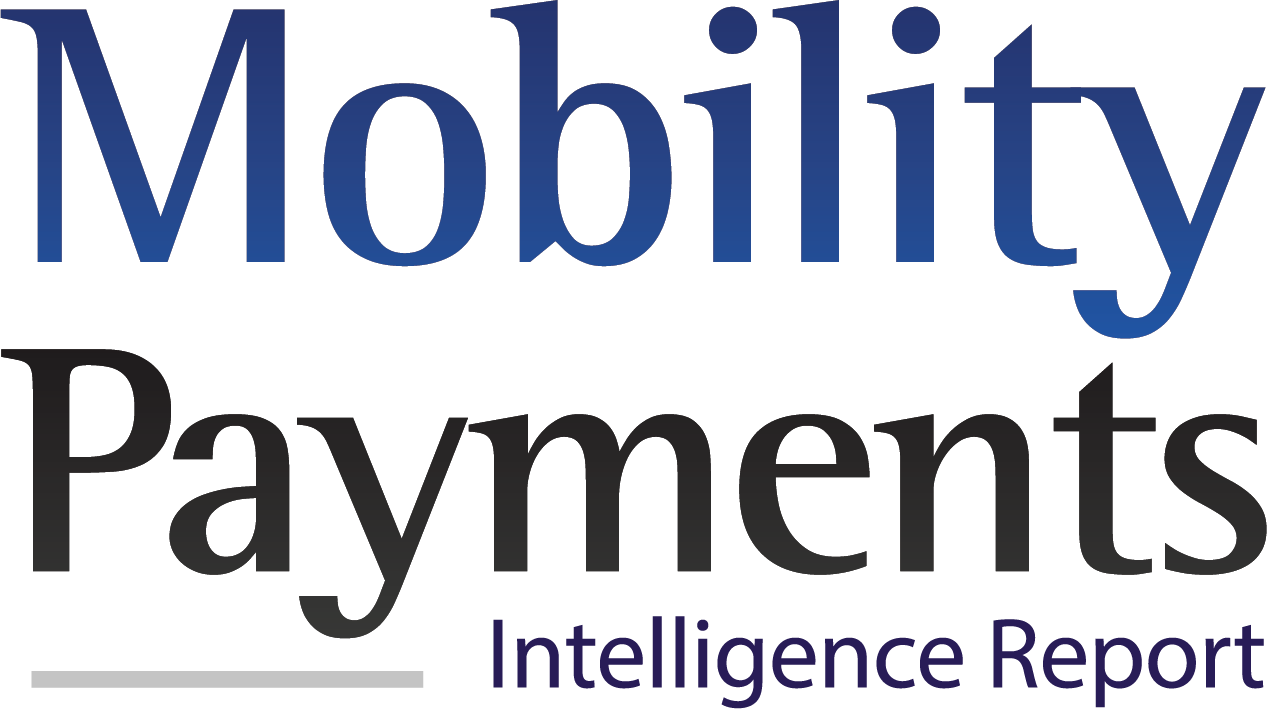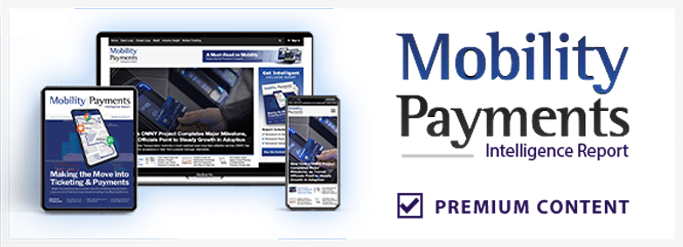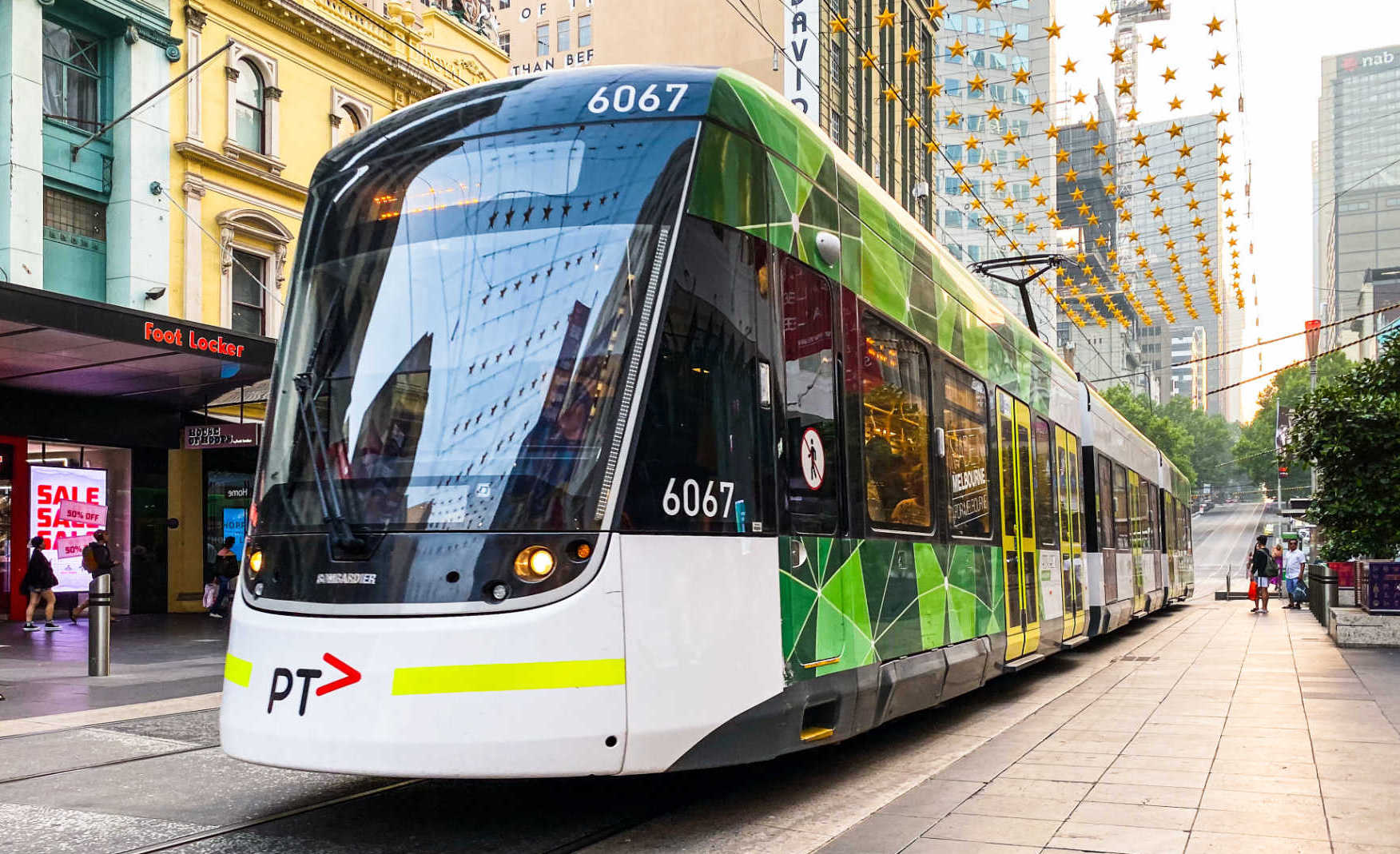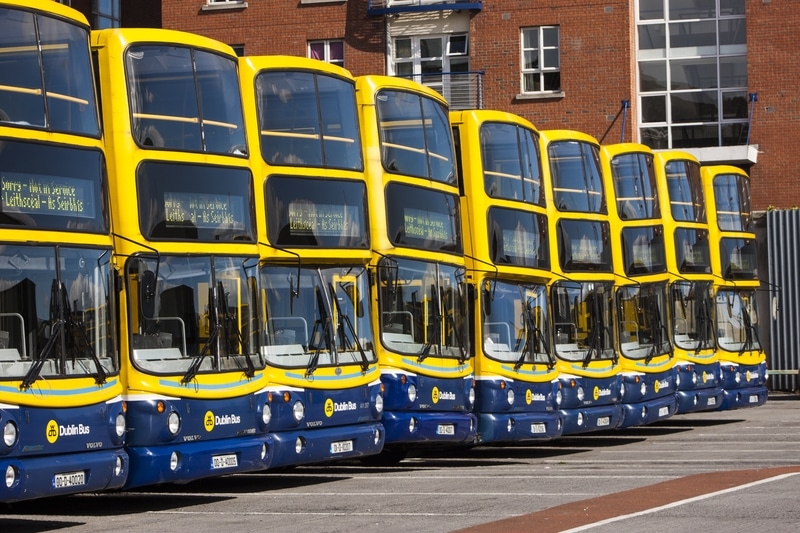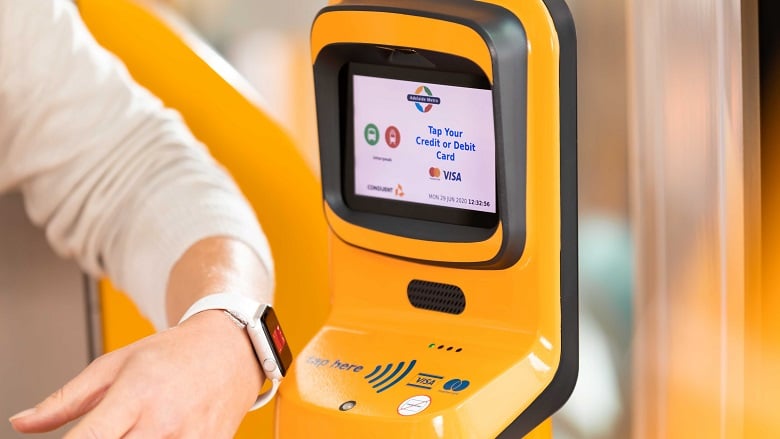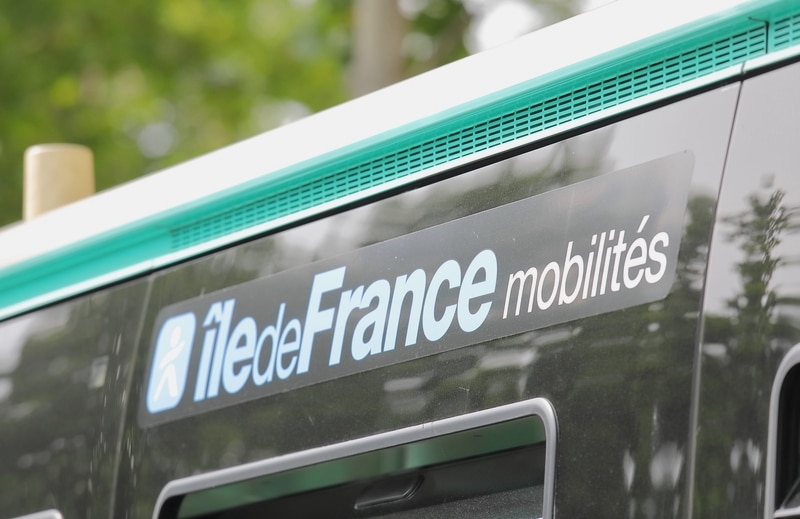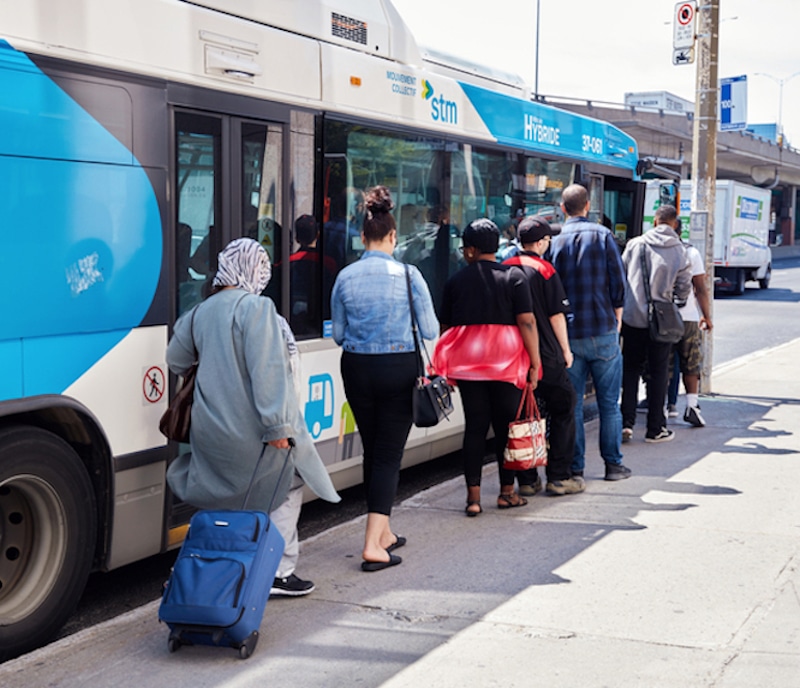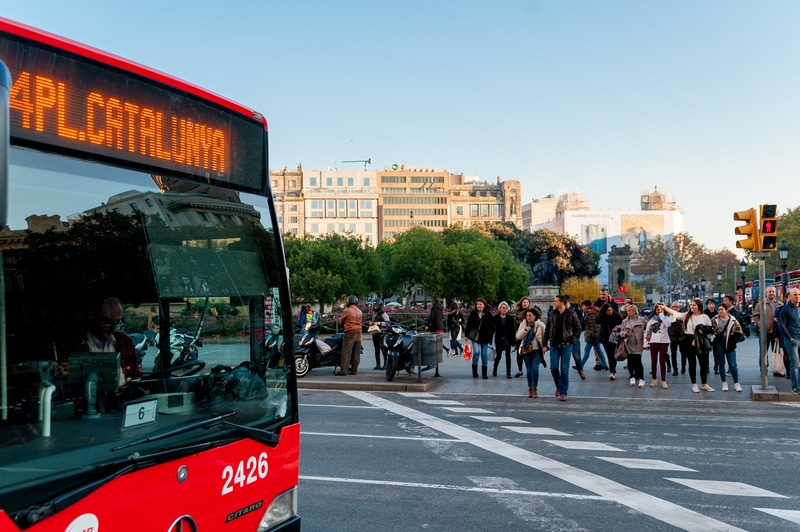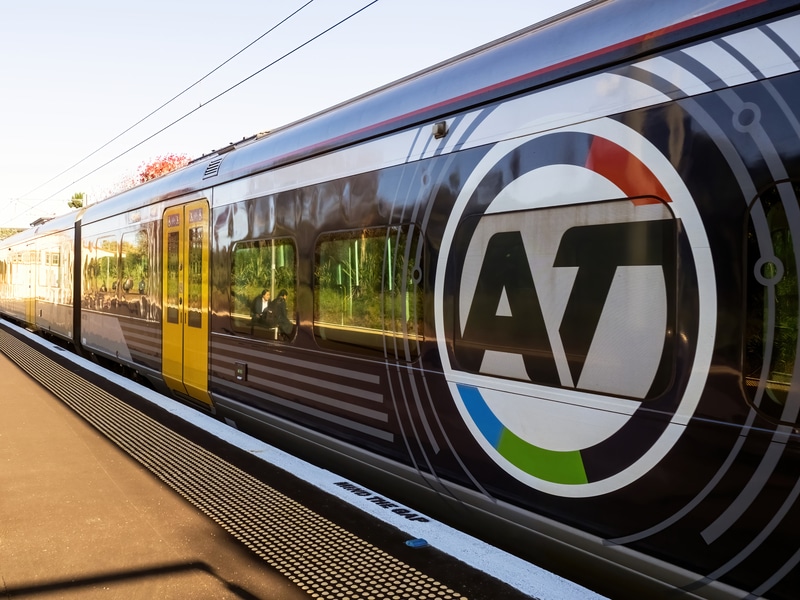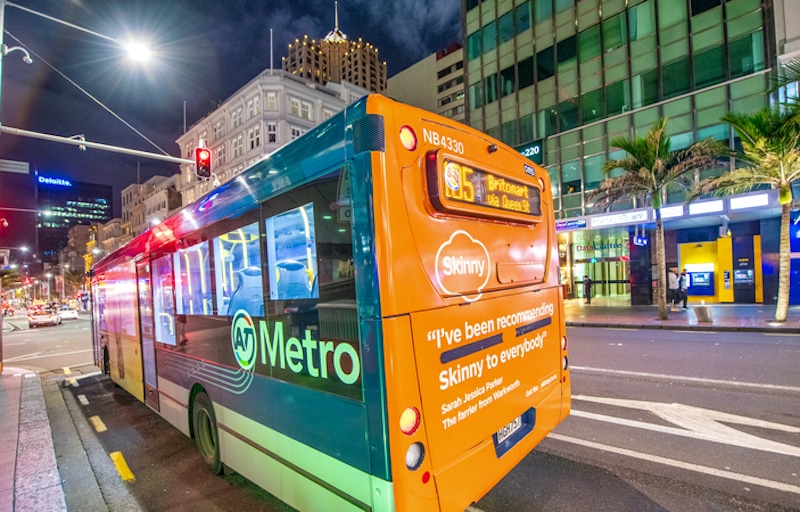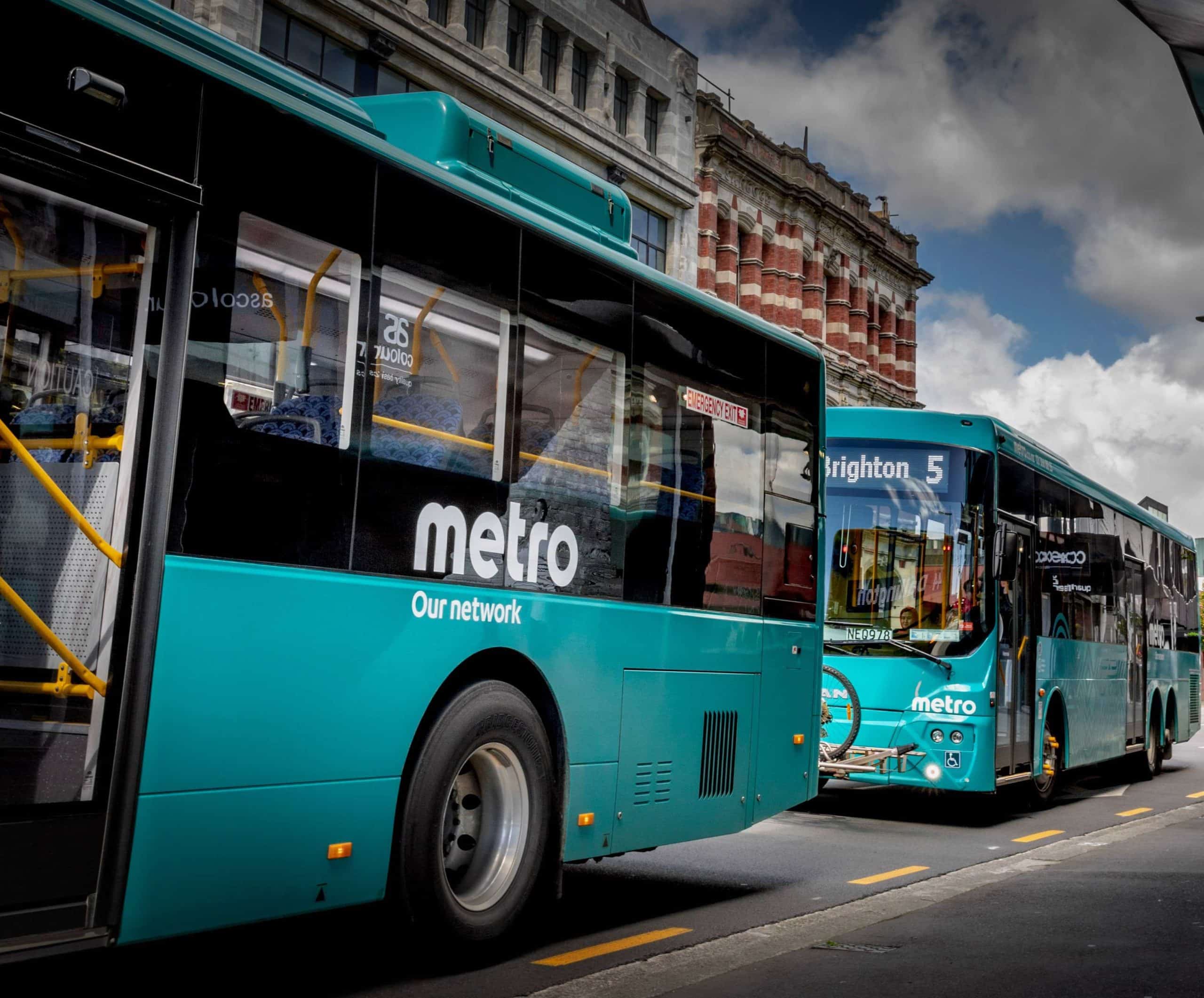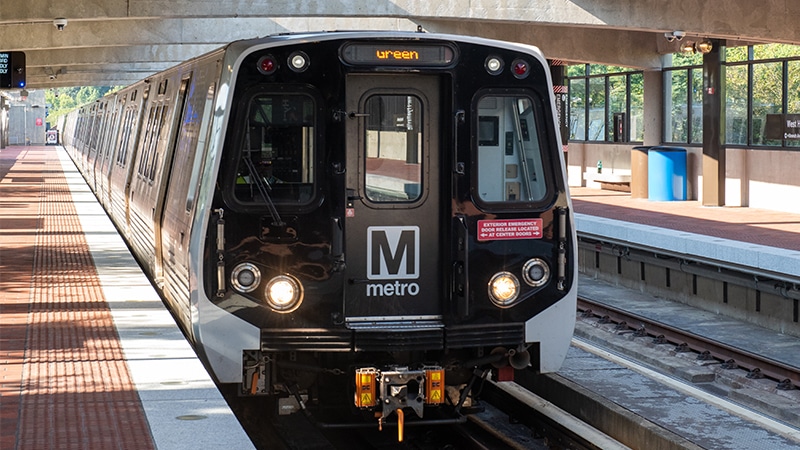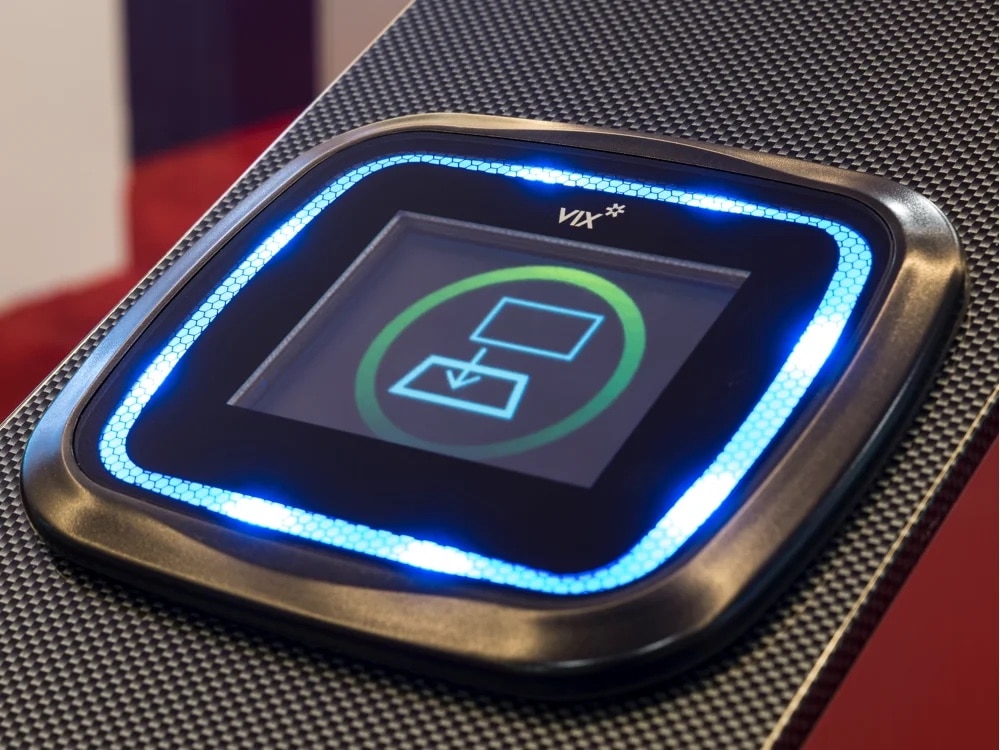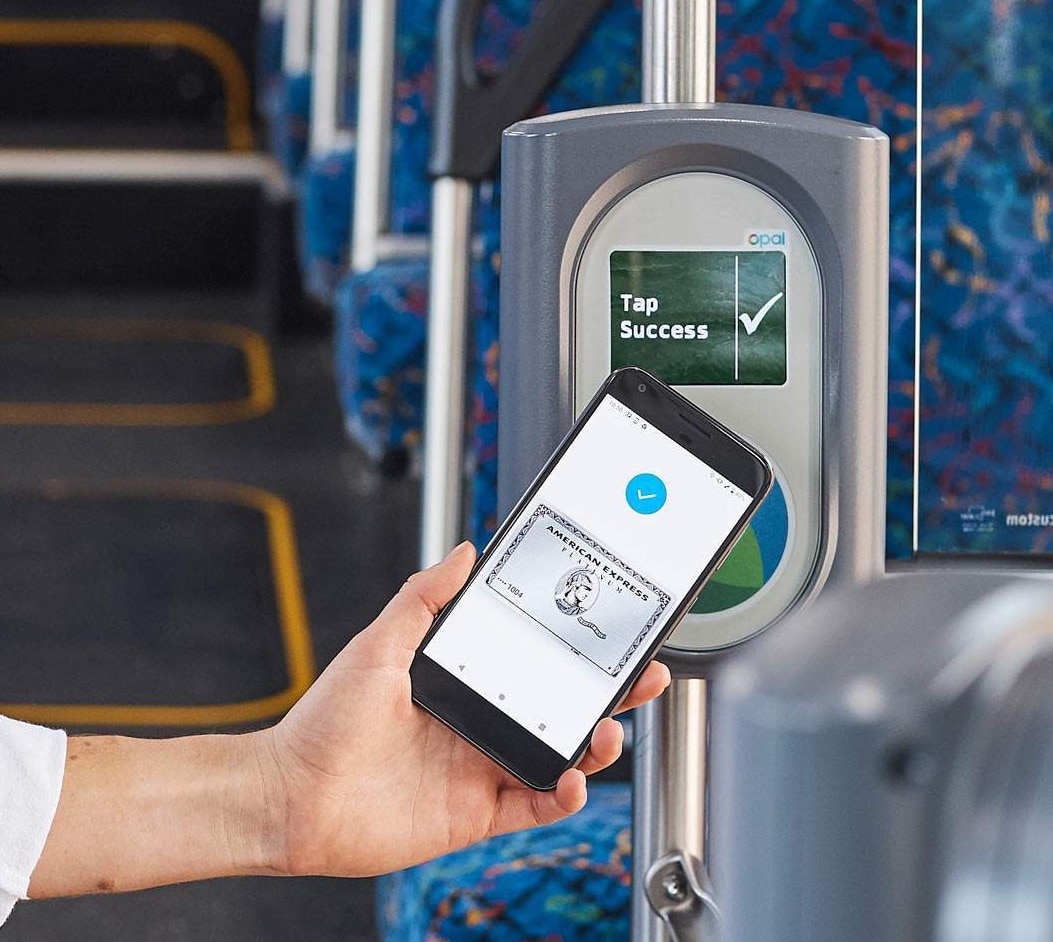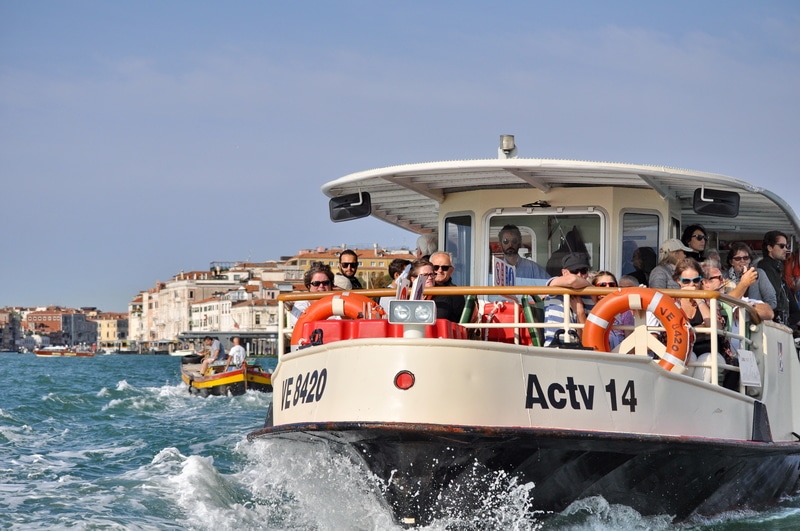
Article Highlights
Transit officials in Venice are believed to have chosen U.S.-based fare-collection system vendor Conduent, working with acquirer Elavon, for a five-year concession agreement to roll out open-loop payments, Mobility Payments has learned. Conduent and Elavon were one of three “groups” bidding on the unconventional contract, which comes with a difficult business case for vendors.
Table: Venice Concession agreement
• AVM (Venice)
• actv (Venice)
• Conduent
• Elavon
• Flowbird
• Pluserve
Transit officials in Venice, Italy, are believed to have chosen U.S.-based fare-collection system vendor Conduent, working with acquirer Elavon, for a 5-year concession agreement to roll out open-loop payments, Mobility Payments has learned.
